Books we love
 My dear friend Susan Banon* went through great pains to put together a list of books that she could recommend for families (in English and French). She collaborated with me and other Anglophones/Francophones and together we all came up with the results listed below. Of course, there are so many more books that we could recommend; it would be impossible to give you a finite list. Instead, we just wanted to wet your whistle and get you started.
My dear friend Susan Banon* went through great pains to put together a list of books that she could recommend for families (in English and French). She collaborated with me and other Anglophones/Francophones and together we all came up with the results listed below. Of course, there are so many more books that we could recommend; it would be impossible to give you a finite list. Instead, we just wanted to wet your whistle and get you started.
When choosing books for children under age 6, there are a few key things to keep in mind:
- Search for elegant art. Try to stay away from abstract/disjointed or alarming art and lean towards more realistic, lovely illustrations.
- Find stories with gracious/kind behavior. Characters who are kind to others are good role models for children. The young child is particularly susceptible to representations of what it means to be a human. They don’t judge, they just do what they see everyone around them do. Give them as many examples of wholesome, skillful living as you can.
- Equitably represent the wondrous variety of life on earth. The young child will be interested in books that feature children that look like they do, children that look like the children around them, and children from other parts of the world. Make it a point to regularly present books that feature diverse ethnicities/skin tones, cultures, physical abilities/appearances, homes, meals, farms, etc. All children are wonderful; choose books that demonstrate this truth.
- Follow their interests. If they love horses, head to the library and see if you can find books about farriers, equestrians, and more. Young children also adore field guides! My own son spent hours with the Audubon Field Guide to Rocks and Minerals.
I just want to add a note about the real-world/talking animals debate. Montessorians can be quite strict or quite permissive when it comes to books that feature fantastical characters/concepts and talking animals. The controversy arises from what we know about early childhood development: the young child is just developing their ability to think abstractly (theory of mind). It takes a lot of extra cognitive effort for them to make sense of impossible things (like talking sponges). It appears like they are interested in these ideas because they get 'stuck' on them as they try to make sense of something that makes no sense. While our culture loves to give young children fantasy characters, this actually does not meet the young child’s deeper needs of learning about the real world. Fantasy is wonderful after around age 6, when the child enters fully into the abstract world of the imagination.
At the same time, Winnie the Pooh and Arthur the aardvark are adored by children everywhere. My own daughter read her first words in the book Arthur’s Reading Race (given to her by her grandmother). I think the young child does not see the difference so clearly between a bear/aardvark that is anthropomorphized and an actual human. This is a topic that is ripe for research but for now, if it is beautiful, the story is based in reality, the topic is meaningful/relevant for the young child, and the child is interested in it, I say go for it. Just keep in mind that we are focused on things that could actually happen/be experienced in the real world (like how Arthur navigates school or Winnie the Pooh tries to be a good friend).
Also, if you have younger children, you can find a long list of books specifically for toddlers (and great guidance on all things toddler) on themontessorinotebook.com.
I hope this helps you stack your shelves with treasures! Feel free to add your favorites in the comments below.
English Books
| Title | Author |
| A Child’s Book of Poems | Gyo Fujikawa |
| A Letter to Amy | Ezra Jack Keats |
| A Snowy Day | Ezra Jack Keats |
| Airport | Byron Barton |
| Alexander and the Terrible, Horrible, No Good, Very Bad Day | Judith Viorst |
| Aliki Brandenberg | known only as Aliki |
| All the Way to Morning | Marc Hartman |
| A Picnic with Monet | Julie Merberg & Suzanne Bober |
| Audubon Field Guides | On any topic the child is interested in |
| Babies | Gyo Fujikawa |
| Beach Day | Karen Roosa |
| Blueberries for Sal | Robert McCloskey |
| Bruno Munari Series | |
| Building a house | Byron Barton |
| Bus Stops | Taro Gomi |
| Dory Story | Jerry Pallotta |
| Dress Up and Let’s Have a Party | Remi Charlip |
| Every Friday | Dan Yaccomma |
| Eye to Eye | Steve Jenkins |
| Handa’s Surprise | Eileen Brown |
| Harold and the Purple Crayon | Crockett Johnson |
| Henri’s Walk to Paris | Leonore Klein |
| I Can | Helen Oxbury |
| I Hear | Helen Oxbury |
| I Know a lot of Things | Ann Rand and Paul Rand |
| I See | Helen Oxbury |
| I See Me | Pegi Deitz Shea |
| I’m Sorry | Sam McBratney |
| Last Stop on Market Street | Matt de la Pena |
| Listen Listen | Phillis Gershator |
| Madeline | Ludwig Bemelmans |
| Make Way for Ducklings | Robert McCloskey |
| Museum ABC | The Metropolitan Museum of Art |
| Musical Beds | Mora Bergman |
| My Bunny & Me | Lindsay George |
| Oh What a Busy Day | Gyo Fujikawa |
| One Morning in Maine | Robert McCloskey |
| Owl Moon | Jane Yolen |
| Quiet | Tomie de Paola |
| Round is a Mooncake | Roseanne Trey |
| Sail Away | Donald Crews |
| Sparkle and Spin | Ann Rand and Paul Rand |
| Splash | Flora McDonnell |
| Spring is Here | Taro Gomi |
| Tattered Sails | Verla Key |
| Ten Little Fingers and Ten Little Toes | Mem Fox |
| Thank you Bees | Toni Yuly |
| The Alfie Series : Dogger/Alfie Gets In First/Alfie’s Feet/Alfie and his Best Friend | Shirley Hughes |
| The Birthday Surprise | Shirley Hughes |
| The Bus Stop | Janet Morgan Stoeke |
| The Carrot Seed | Ruth Krauss |
| The Dot | Peter H. Reynolds |
| The Grandpa Series : Grandpa’s Cardigan/Shorts/Shed/Slippers | Joy Watson & Wendy Hodder |
| The House Book | Keith Duquette |
| The Invisible Boy | Trudy Ludwig |
| The Invisible String | Patrice Karst |
| The Listening Walk | Paul Showers |
| The Name Jar | Yangsook Choi |
| The Sandwich Swap | Her Majesty Queen Rania Alabdullah |
| Tidy Up | Small World Books |
| Time for Bed | Mem Fox |
| What a Wonderful World (book and song) | Bob Thiele |
| When Night Time Comes | Judy Pederson |
| Whistle for Willie | Ezra Jack Keats |
Livres en Français
| C'est autant d'amour que je t'envoie | Coline Irwin |
| Ce que papa m'dit | Astrid Desbordes, Pauline Martin |
| Cinq milliards de visages | Peter Spier |
| Comme toi | Jean-Baptiste Del Amo |
| Comment tout a commencé | Liuna Virardi |
| Couleurs | Hervé Tullet |
| L'incroyable histoire de l'orchestre recyclé | Michel Piquemal |
| Le bébé | collection Seuil. Ecole Freinet |
| Le petits lascares | |
| Le temps qui passe | |
| Les maximes series | Charlotte Poussin |
| Mes petits histoires montessori (Series) | Eve Hermann, Roberta Rocchi |
| Mon amour | Astrid Desbordes, Pauline Martin |
| Mon coffret montessori des oiseaux | Eve Hermann, Roberta Rocchi |
| On joue? | Hervé Tullet |
| Quand il pleut | Junko Nakamura |
| Un livre | Hervé Tullet |
| Un livre qui fait des sons | Hervé Tullet |
| Une si petite graine | Eric Carle |
*Susan lives in Paris and she and I did our AMI primary training together in the bilingual Montreal program. She has worked in Montessori schools in Paris for decades.
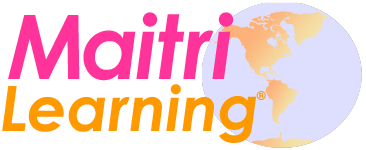
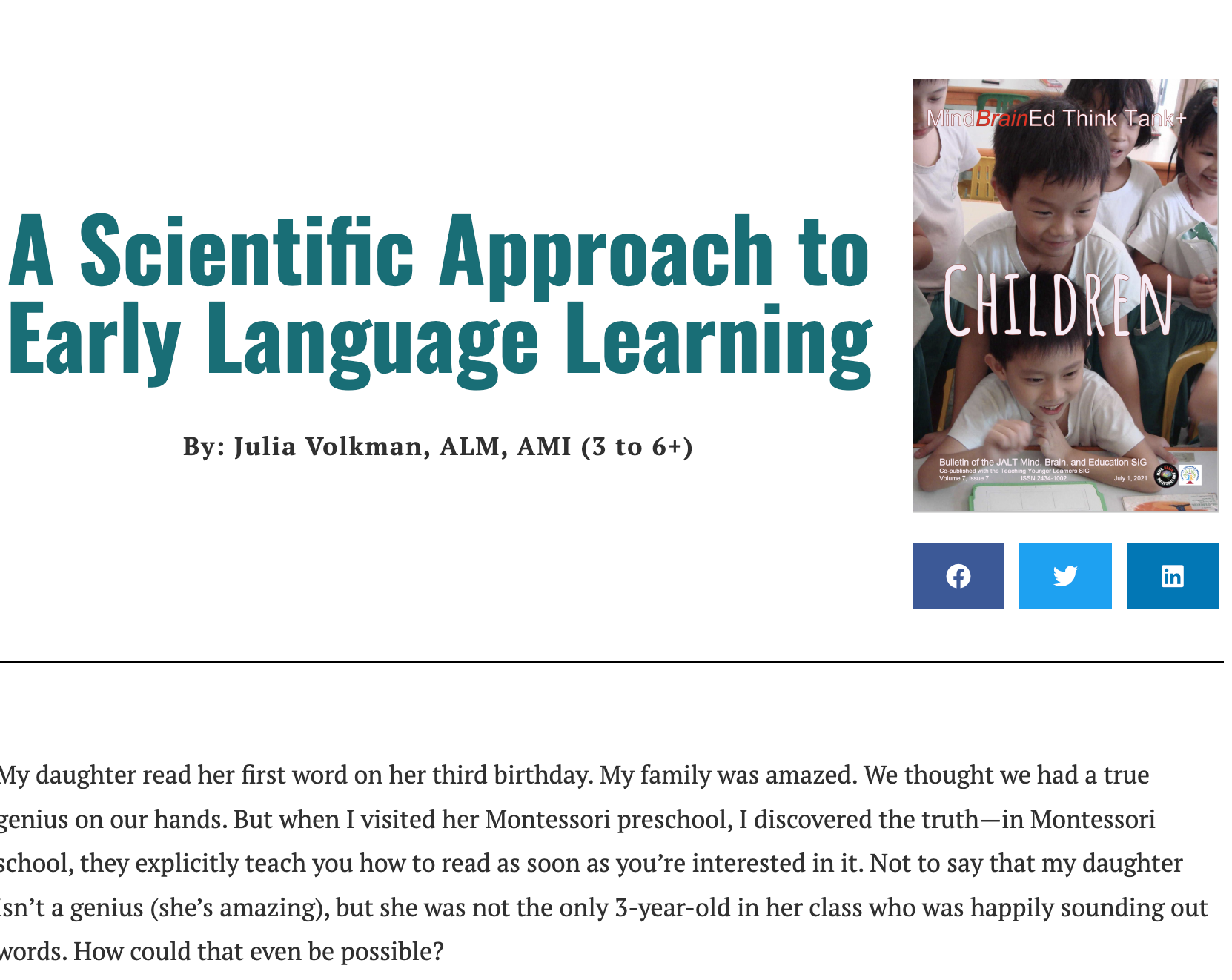

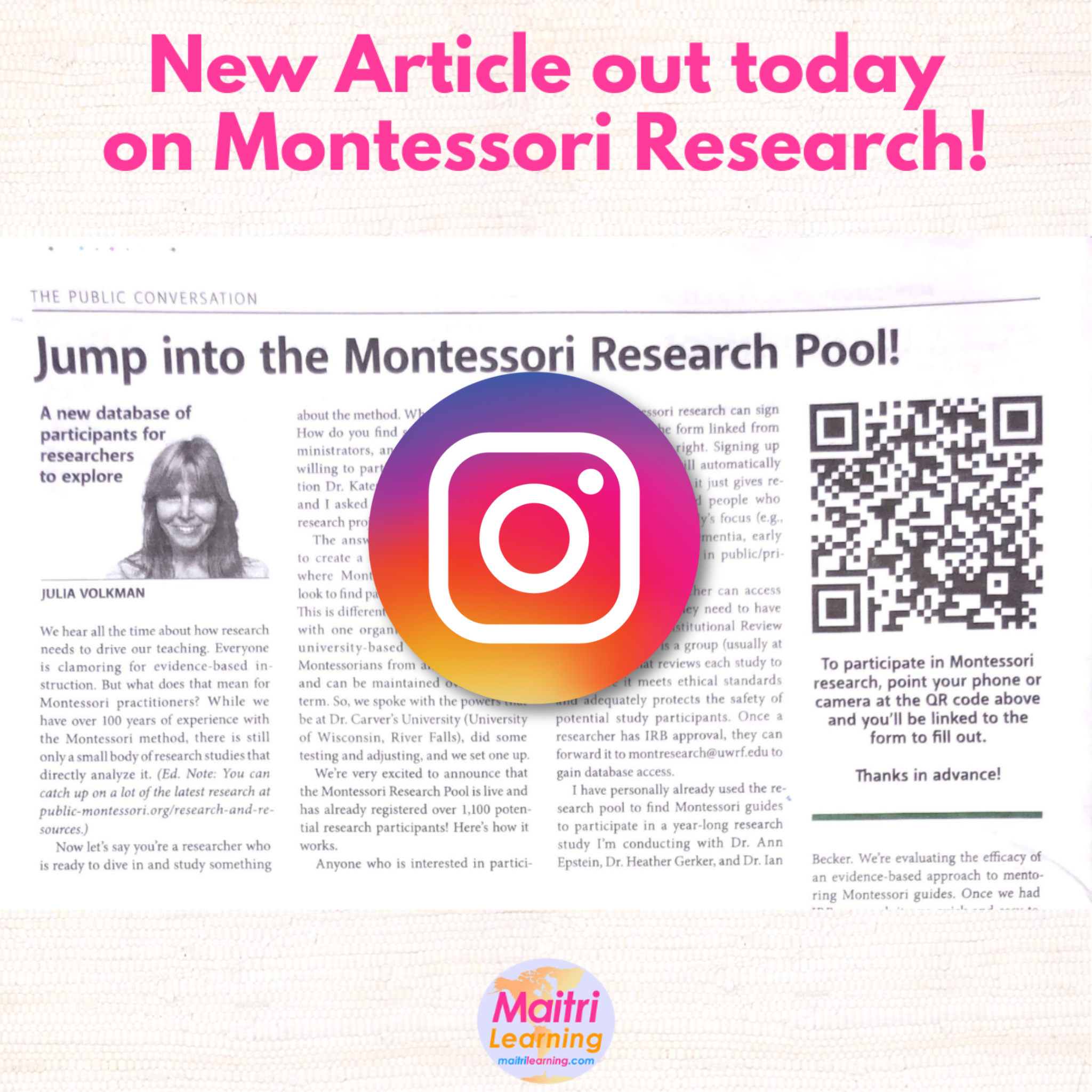

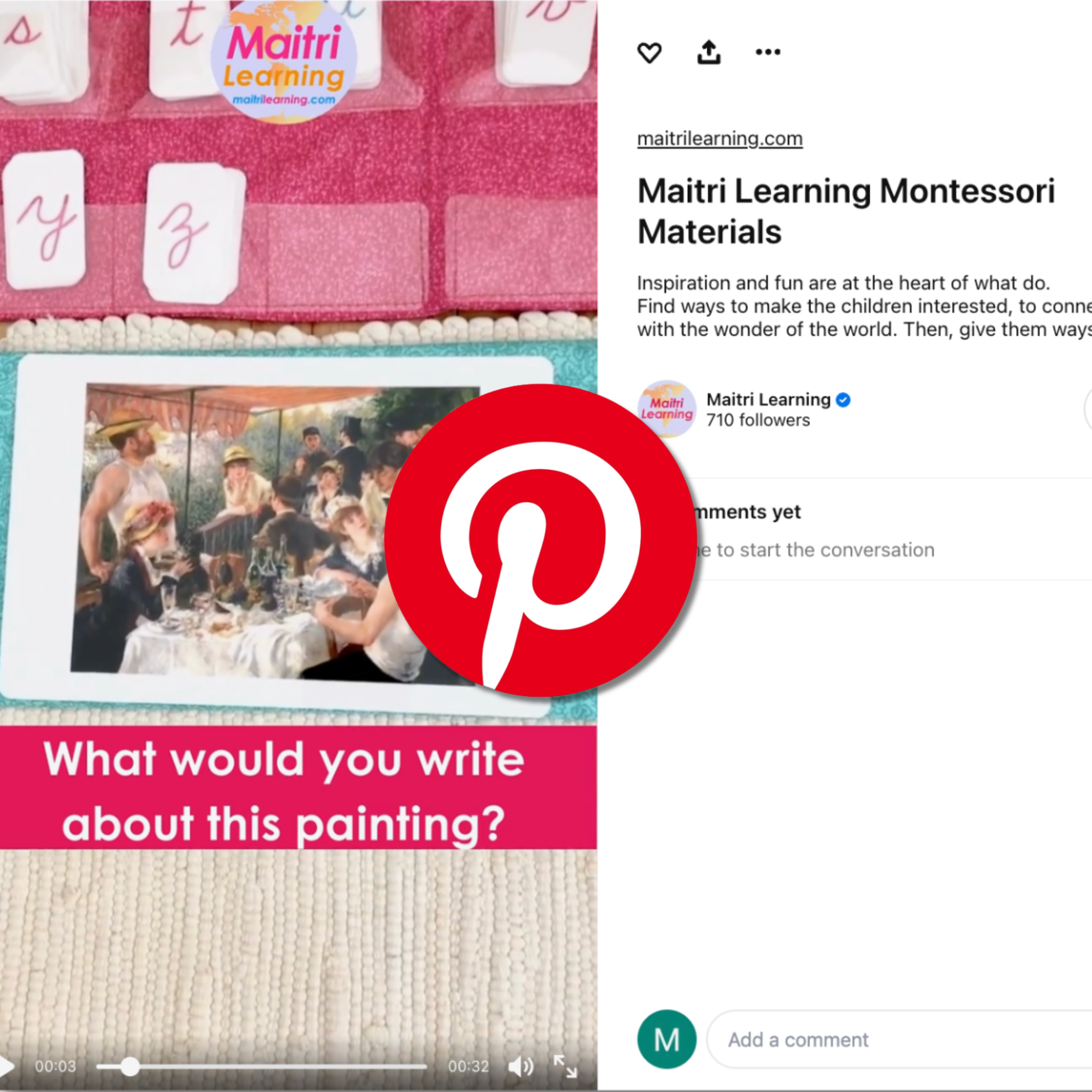
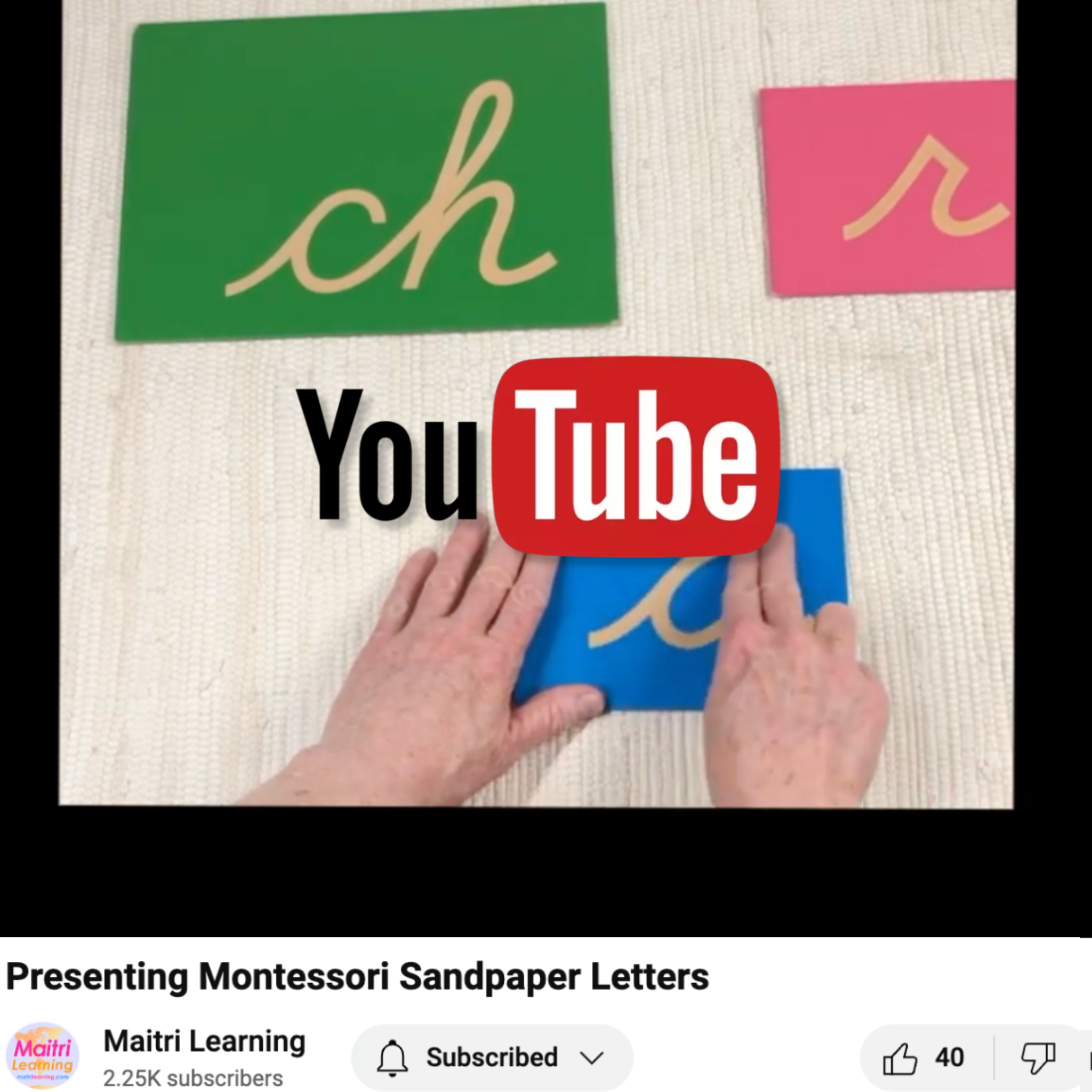
5 comments
Thank you for the books in French!!!
Hermine
@Lisa Richtmann: YES! I am coming to Seattle! I’ll have several new products that are in the final testing stage available for people to explore/comment on. Be sure to stop by our table and introduce yourself!
Julia Volkman
Wow, that sounds wonderful! I would love to do my training in Montreal but realistically, it’s not feasible. I’m thrilled to do my training at my own school! Will you be in Seattle?
Lisa Richtmann
@Lisa Richtmann: Thanks for asking about the bilingual training. Our Montreal AMI primary training was wonderful. Everything was taught in English and then immediately translated into French. Since I speak French, I basically got the entire training twice! Sometimes I understood the French translation more clearly than the English explanation. I feel really blessed to have experienced the course this way.
I was always grouped with my French peers for writing papers, though, and that was much harder for me (my written French is not nearly as good as my spoken French)! I still loved it though. AMI bilingual training is THE BEST!!!
Julia Volkman
Thank you for the book recommendations! As the French Specialist at my school, I am always interested in exploring new titles en français! I willbwcheckjng out some o FCC these titles. Merci! I would also love to learn about your bilingual training in Montréal.
Lisa Richtmann
Leave a comment
This site is protected by hCaptcha and the hCaptcha Privacy Policy and Terms of Service apply.